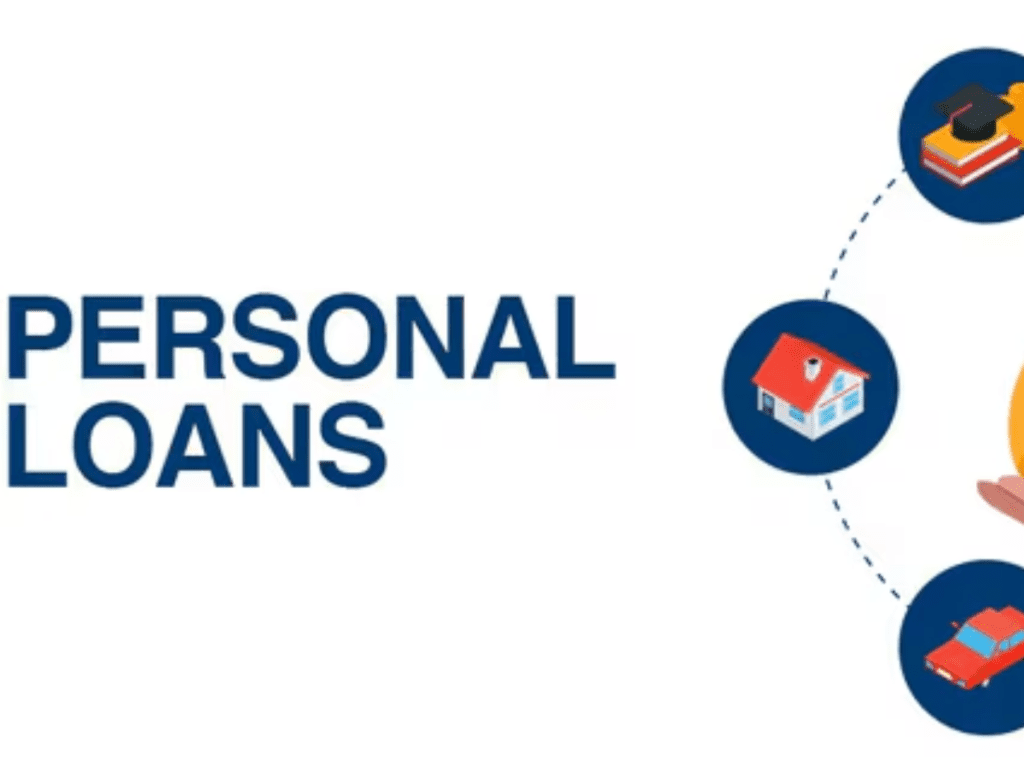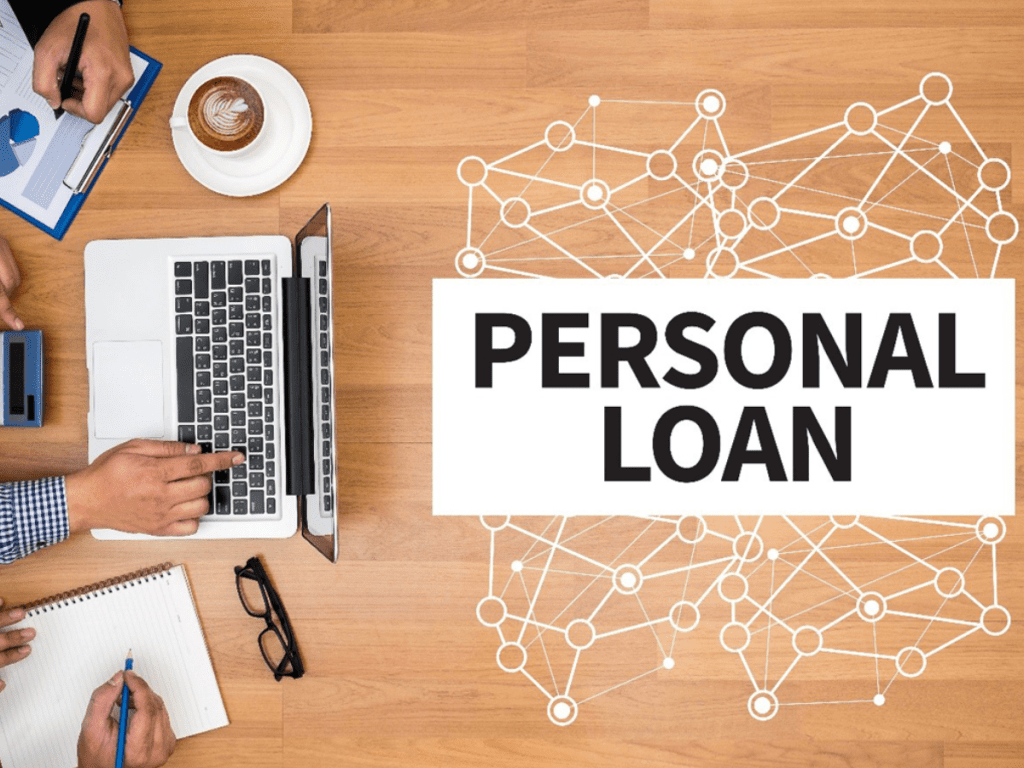Introduction
Debt is a significant concern for many individuals, often weighing heavily on their financial well-being. Whether it’s credit card debt, student loans, or medical expenses, managing multiple debts can feel overwhelming. Fortunately, one of the most effective tools for managing debt and regaining control of your finances is the personal loan. While personal loans are commonly used for various purposes, they can also serve as a smart solution for consolidating and paying off high-interest debts. In this article, we’ll explore how personal loans can help you manage debt more effectively, offering a structured path to financial freedom.
Understanding Personal Loans
Before we delve into how personal loans can aid in debt management, it’s important to understand what a personal loan is. A personal loan is an unsecured loan that individuals can borrow from financial institutions like banks, credit unions, or online lenders. Unlike secured loans, which require collateral (such as a home or car), personal loans do not require any asset to back the loan. The lender typically evaluates your creditworthiness, income, and financial history to determine your eligibility and loan terms.
The loan is disbursed as a lump sum, and the borrower repays it in fixed monthly installments over a set period, typically ranging from one to five years. Personal loans often have lower interest rates compared to credit cards, making them an attractive option for individuals looking to manage debt more effectively.
The Role of Personal Loans in Debt Management
Personal loans can help individuals manage debt more effectively in several ways. Let’s explore how consolidating your debts with a personal loan can benefit you.
1. Debt Consolidation Made Easy
One of the most popular ways to use a personal loan is for debt consolidation. Debt consolidation involves combining multiple debts, such as credit card balances, personal loans, and medical bills, into a single loan. Instead of juggling multiple due dates and dealing with different interest rates, you can streamline your debt into one manageable monthly payment.
With a personal loan for debt consolidation, you only have to make one payment each month, which simplifies the debt management process. This can reduce the chances of missing payments and incurring late fees. It also provides you with a clear end date for when your debt will be paid off, giving you a sense of control over your finances.
2. Lower Interest Rates
Credit cards often carry high-interest rates, sometimes exceeding 20% or more. This can make it difficult to pay off your debt, as most of your monthly payment goes toward interest rather than reducing the principal. Personal loans, on the other hand, generally offer much lower interest rates, especially if you have a good credit score. The average interest rate for a personal loan is often between 6% and 36%, which is far more manageable than the rates typically charged by credit cards.
By consolidating high-interest debts with a personal loan, you can save money on interest in the long run. A lower interest rate means more of your monthly payment goes toward paying off the actual debt, rather than merely covering interest charges. This can accelerate your progress toward becoming debt-free.
3. Fixed Monthly Payments
Personal loans typically come with fixed interest rates and fixed monthly payments. This structure makes it easier to budget and plan for your monthly expenses. With a personal loan, you know exactly how much you will pay each month for the duration of the loan term, allowing you to manage your finances more effectively.
In contrast, credit card payments can fluctuate from month to month, depending on the balance and interest charges. This unpredictability can make it harder to stick to a budget or plan for future expenses. The fixed nature of personal loan payments offers stability and peace of mind, which can reduce financial stress and help you stay on track to pay off your debt.
4. Improved Credit Score
Managing debt can have a significant impact on your credit score. Having multiple credit accounts with high balances relative to their limits can lower your credit score, making it harder to qualify for favorable loan terms in the future. A personal loan can help you improve your credit score by reducing your credit utilization ratio, which is the ratio of your credit card balances to your credit limits.
By using a personal loan to consolidate credit card debt, you lower your credit utilization, which is one of the factors that influence your credit score. Additionally, if you make timely payments on your personal loan, it will help boost your credit score over time, making it easier to access credit at better rates in the future.
5. Flexibility in Loan Usage
Personal loans are versatile, and you can use them for a wide range of purposes. When it comes to debt management, they provide flexibility in how you pay off your existing debts. You can use the loan to pay off high-interest credit card balances, medical bills, personal loans, or other unsecured debt. In some cases, you may even be able to pay off a portion of a car loan or student loan with a personal loan, depending on the terms.
This flexibility allows you to focus on the debts that are causing you the most financial strain. By paying off high-interest debts first, you can make a significant impact on your overall financial situation. It’s important to note that personal loans are unsecured, so they won’t put your assets at risk, unlike home equity loans or other secured loans.
6. Faster Debt Repayment
When you consolidate your debts with a personal loan, you can often choose a loan term that allows for faster repayment. With credit card debt, minimum payments are often structured to take many years to pay off, especially if you only make the minimum required payment each month. This extended repayment period can result in paying far more in interest than necessary.
A personal loan, however, typically has a fixed term, and the payments are structured to help you pay off the debt in a shorter time frame. By consolidating your debt and committing to a personal loan with a shorter repayment period, you can accelerate your path to financial freedom. The sooner you pay off your debt, the less you will pay in interest over time.
7. Reducing Financial Stress
Debt can cause significant financial and emotional stress, especially when you feel like you’re constantly trying to keep up with multiple payments and due dates. The stress of managing numerous creditors and trying to stay on top of your finances can be overwhelming. Personal loans can alleviate this stress by consolidating your debt into one manageable payment, reducing the number of creditors you need to deal with, and providing you with a clear repayment plan.
When you have fewer things to worry about, you can focus more on improving your financial situation and planning for the future. This reduction in stress can have positive effects on your overall well-being, making it easier to stay on track and meet your financial goals.
8. Preventing Further Debt Accumulation
One of the key challenges people face when managing debt is the temptation to accumulate more debt while still trying to pay off existing balances. With a personal loan, you can pay off your existing debts and close high-interest credit card accounts, reducing the temptation to rack up more debt. Additionally, many personal loans provide a clear timeline for repayment, encouraging borrowers to stay focused on paying off their debt without adding to it.
This can be an important step in breaking the cycle of debt accumulation. Once you’ve consolidated your debts and established a repayment plan, you can take steps to improve your financial habits and avoid falling into the same debt traps in the future.
Important Considerations Before Taking Out a Personal Loan
While personal loans can be an effective way to manage debt, they aren’t suitable for everyone. Before taking out a personal loan, consider the following:
- Eligibility Requirements: Lenders will assess your credit score, income, and overall financial situation to determine if you qualify for a personal loan. If you have a low credit score or limited income, you may not be able to secure favorable loan terms.
- Loan Terms and Fees: Be sure to carefully review the terms of the loan, including the interest rate, repayment period, and any associated fees. Some personal loans may come with origination fees or prepayment penalties that could impact the overall cost of the loan.
- Ability to Repay: Ensure that you can comfortably manage the monthly payments for the personal loan. While consolidating debt can simplify your finances, taking out a loan that you can’t afford to repay will only worsen your financial situation.
Conclusion
Personal loans can be a powerful tool in helping you manage debt more effectively. By consolidating high-interest debts, lowering interest rates, and providing fixed monthly payments, personal loans offer a structured and predictable way to reduce debt and regain control of your finances. In addition to these practical benefits, personal loans can also help improve your credit score and reduce the financial stress associated with managing multiple debts.
However, it’s important to use personal loans responsibly and only for the purpose of debt consolidation. Carefully evaluate your eligibility, loan terms, and repayment ability before proceeding with a personal loan. When used wisely, personal loans can provide a clear path to financial freedom, helping you achieve your long-term financial goals and secure a brighter financial future.

